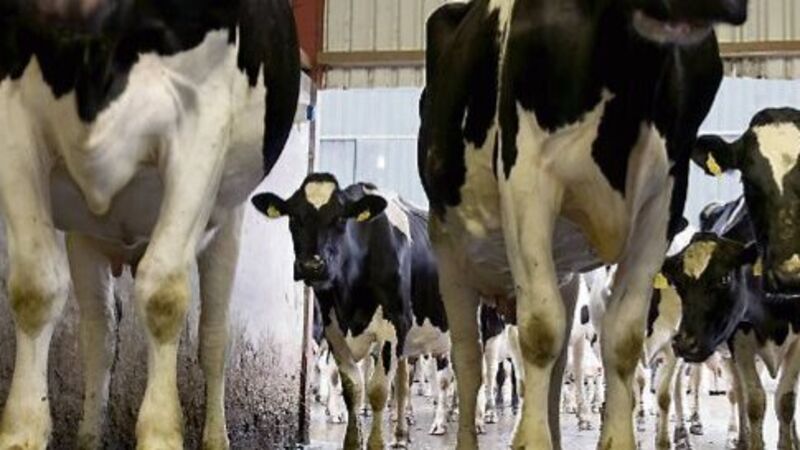UN moves closer to ambitious deal on climate change

The answer to Ireland’s methane-emitting herd, responsible for more than 40% of greenhouse gases, might be to buy carbon credits by investing in forests and land reclamation in other parts of the world, said Nicholas Stern, an expert on climate change.
Eamon Ryan, leader of the Green Party and ex-environment minister, said the deal would have big implications for Ireland, especially transport and agriculture.










